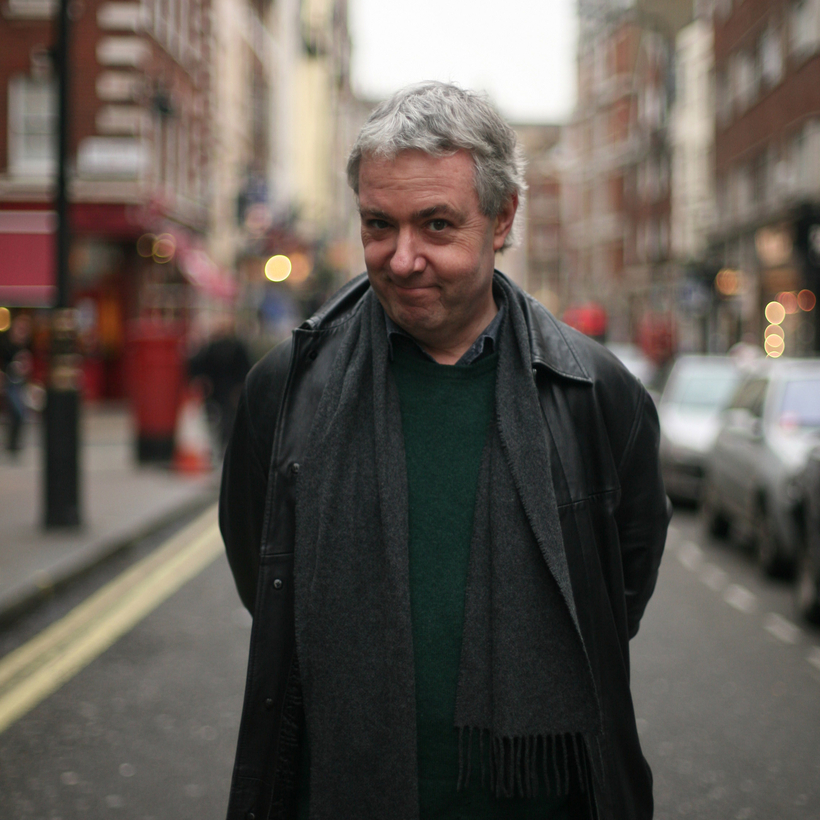John Sessions had the unusual distinction of not only providing the voices of Norman Tebbit, Peter O’Toole and Sir Laurence Olivier for the 1980s television satire Spitting Image, but also being featured as one of the show’s puppets. “They did John Sessions going up his own arse,” recalled the actor-comedian, who wrote poetry at age eight and could recite Finnegans Wake verbatim.
This affable brainbox, whose talent for mimicry and improvisation made him a fixture on panel shows such as Have I Got News for You and QI, admitted that his love of history made him a “bit punchable”, adding: “I’m able to think quickly with facts.” The actor Timothy Spall once said that Sessions “could come across as a bit of a clever dick”, something that Sessions blamed on not having been to Oxbridge. “I can’t even belong to the club of comedians who went to Cambridge,” moaned the entertainer, who almost completed a PhD.

